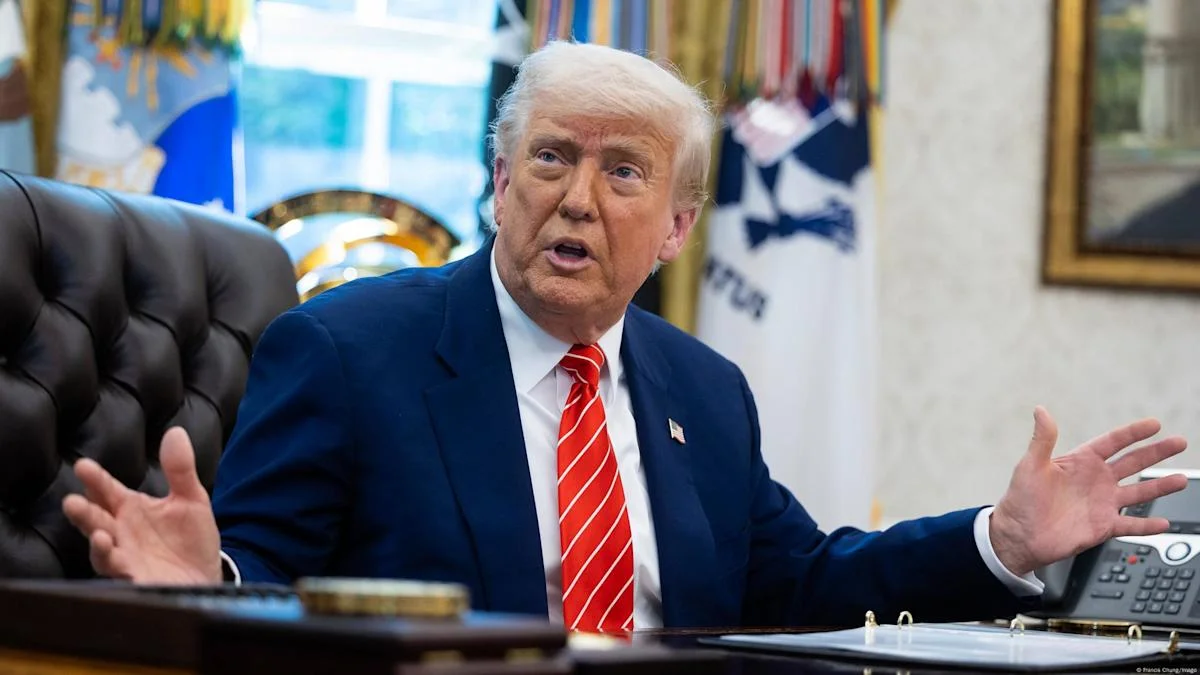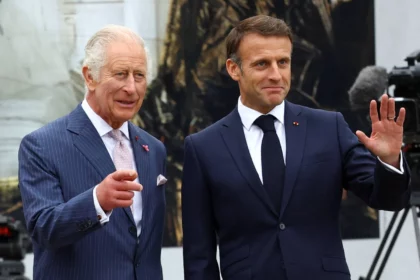WASHINGTON, D.C. – President Donald Trump has reinstated a sweeping travel ban affecting 12 countries, in a move he says is aimed at enhancing national security and preventing terrorism. The executive order, signed on Wednesday, restricts travel to the United States from countries such as Afghanistan, Iran, Yemen, and Somalia, echoing the controversial policies from his first term.
The White House cited a recent violent incident in Colorado as a key motivator for the renewed restrictions. According to U.S. officials, a man involved in a makeshift flamethrower attack at a pro-Israel demonstration in Boulder was residing in the country illegally. This act, Trump said in a video address from the Oval Office, “underscores the danger of admitting foreign nationals without proper vetting.”
“We don’t want them,” Trump declared in a video shared on social media.
Countries Affected by the New Travel Ban
The latest order prohibits entry to the U.S. for nationals of:
- Afghanistan
- Myanmar
- Chad
- Republic of the Congo
- Equatorial Guinea
- Eritrea
- Haiti
- Iran
- Libya
- Somalia
- Sudan
- Yemen
Additionally, a partial ban has been imposed on individuals from Burundi, Cuba, Laos, Sierra Leone, Togo, Turkmenistan, and Venezuela. Citizens from these nations may still be granted certain temporary work visas.
The travel restrictions are set to go into effect on Monday, according to an official statement from the White House.
Exceptions for International Sports Events
The executive order specifically exempts athletes participating in the 2026 FIFA World Cup and the 2028 Los Angeles Olympics, signaling that the U.S. remains open to international collaboration in global sporting events.
Additional Visa Crackdowns
In a separate action, Trump also announced a visa ban targeting international students planning to attend Harvard University, citing concerns about liberal ideologies and security risks on elite campuses.
Trump likened the current policy to the 2017 travel ban that predominantly affected Muslim-majority nations. He credited that earlier ban with preventing terror attacks on American soil similar to those that occurred in parts of Europe.
“We cannot have open migration from any country where we cannot safely and reliably vet and screen,” Trump emphasized.
Venezuela Responds
The move sparked immediate criticism from Venezuela, one of the countries included in the partial ban. Interior Minister Diosdado Cabello labeled the U.S. a “high-risk destination,” warning Venezuelans to reconsider travel plans to the United States.
Legal Challenges Likely
Experts anticipate that the new travel ban could face legal opposition, much like its predecessor. Critics argue that the measure unfairly targets certain populations and could disrupt families and communities.
The National Iranian American Council expressed concern over the humanitarian impact of the policy.
“This ban will again keep Americans from seeing their loved ones during weddings, funerals, and other life events,” said council president Jamal Abdi.
Who Is Affected and Why
Trump’s proclamation offered country-specific justifications. Afghanistan, Libya, Sudan, Somalia, and Yemen were cited for lacking functioning governments that could issue reliable travel documents. Iran, labeled a “state sponsor of terrorism,” was included due to ongoing geopolitical tensions.
Other countries made the list based on high rates of visa overstays, according to U.S. authorities.




